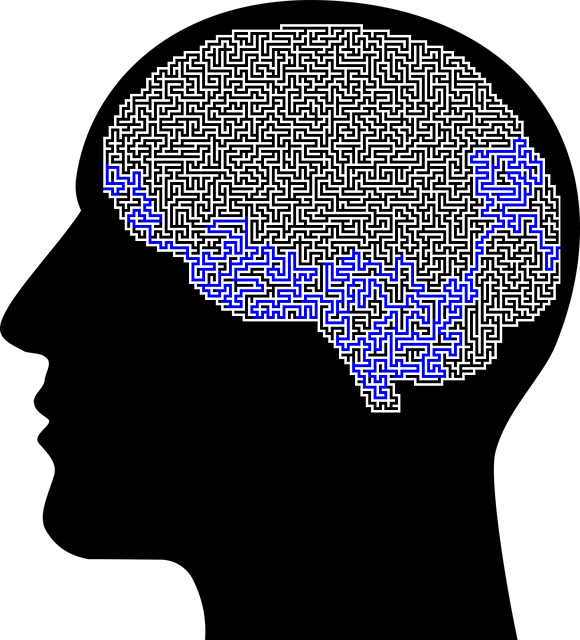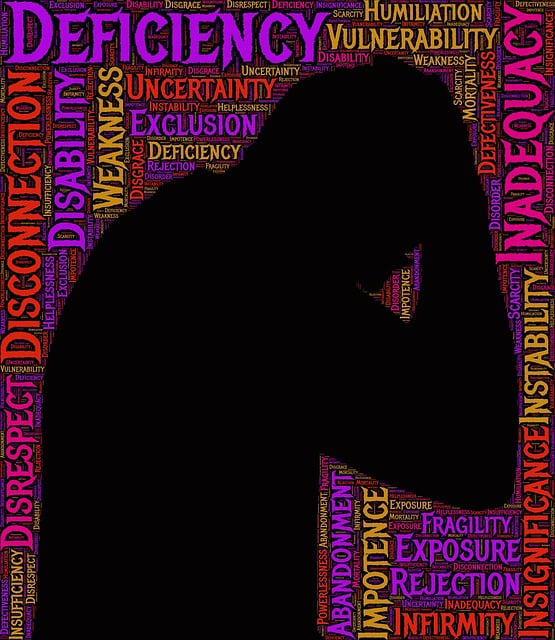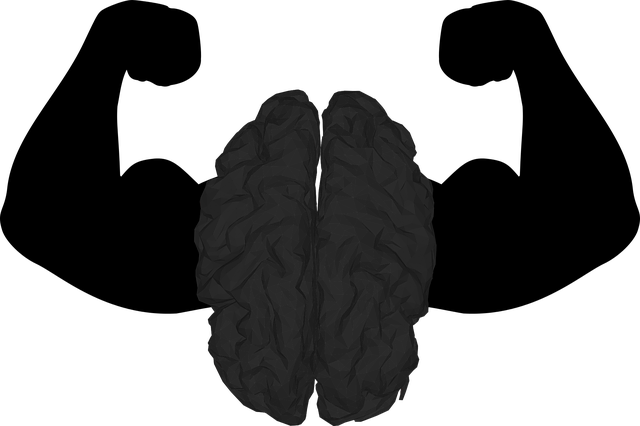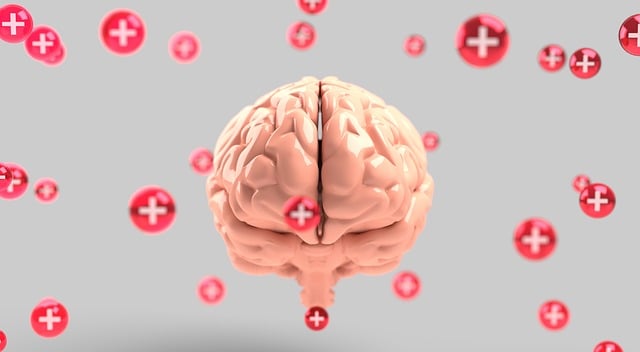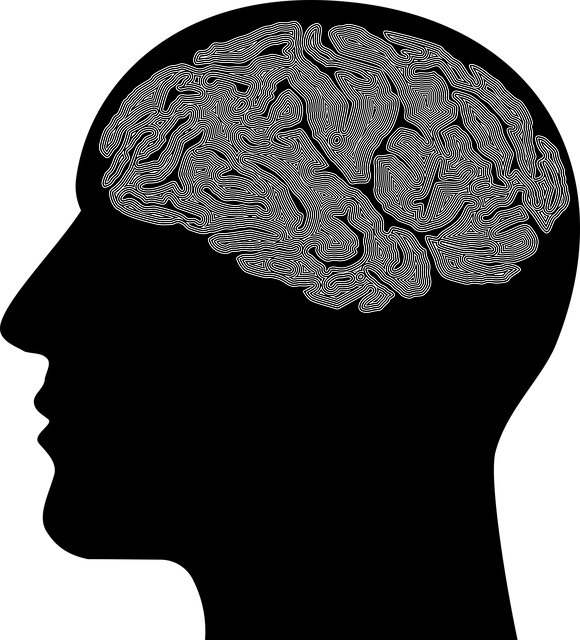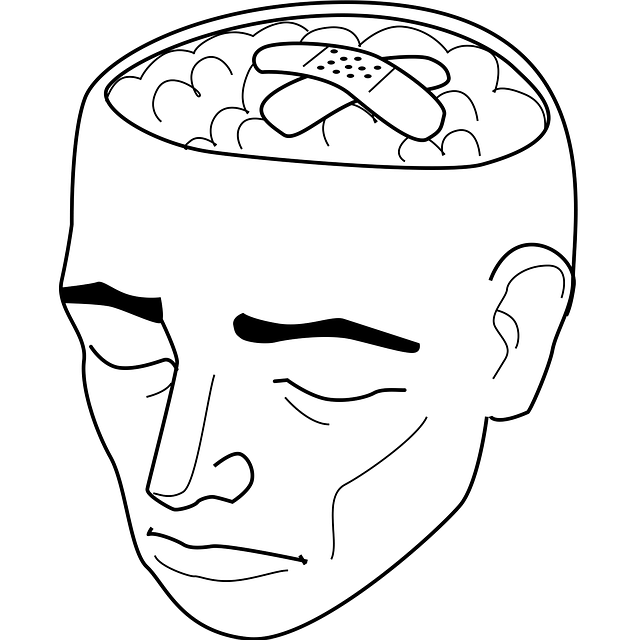Understanding Mental Health Data is key to enhancing Boulder Young Adults Therapy (BYAT), allowing professionals to assess risk factors, identify trends, and tailor interventions like Resilience Building programs. By analyzing surveys, clinical records, and self-reported measures, BYAT therapists can use demographic analysis, symptom tracking, and treatment outcomes to personalize plans. This data-driven approach, focusing on evidence-based practices, contributes to Boulder's mental health landscape by promoting well-being among young adults through culturally competent therapy. Ethical practices, emphasizing participant privacy and consent, guide data collection and utilization of advanced analytics for personalized interventions.
Mental health data analysis is a powerful tool for understanding and improving patient outcomes, especially among young adults. This article explores the intricacies of analyzing and interpreting mental health data, focusing on the unique context of Boulder Young Adults Therapy. We delve into the collection methods and sources of relevant data, highlighting the significance of analysis in tailoring personalized treatment approaches. Furthermore, we discuss practical applications and ethical considerations, providing insights into the future direction of mental health data interpretation.
- Understanding Mental Health Data: Collection and Sources for Boulder Young Adults Therapy
- The Power of Analysis: Unlocking Insights for Personalized Treatment Approaches
- Interpreting Results: Practical Applications for Improving Patient Outcomes
- Ethical Considerations and Future Directions in Mental Health Data Interpretation
Understanding Mental Health Data: Collection and Sources for Boulder Young Adults Therapy

Understanding Mental Health Data is a crucial step in providing effective Boulder Young Adults Therapy. The collection of accurate and comprehensive data involves various sources, including surveys, clinical records, and self-reported measures. These tools help mental health professionals assess risk factors and identify trends among young adults seeking therapy. By analyzing demographic information, symptoms, and treatment outcomes, therapists can tailor interventions to address specific needs. For instance, a Risk Assessment for Mental Health Professionals can provide insights into potential risks within the client population, enabling targeted strategies such as Resilience Building programs or Burnout Prevention Strategies for Healthcare Providers.
Boulder Young Adults Therapy benefits from data-driven approaches that go beyond surface-level statistics. Delving into the qualitative and quantitative data allows therapists to uncover unique challenges and strengths among their clients. This nuanced understanding fosters more effective treatment planning, ensuring that interventions are not just generic but tailored to individual needs. Through proper data collection and analysis, therapists can contribute to the overall mental health landscape in Boulder, offering evidence-based practices that promote well-being among young adults.
The Power of Analysis: Unlocking Insights for Personalized Treatment Approaches

In the realm of mental health, data analysis serves as a powerful tool to unravel complex patterns and gain profound insights into individual experiences. By meticulously examining trends within large datasets, researchers and healthcare providers can identify unique factors contributing to various mental health conditions, especially among Boulder Young Adults Therapy clients. This process enables them to move beyond generic treatments and tailor interventions to suit specific needs, fostering more effective recovery journeys.
For instance, through advanced analytics, professionals can uncover correlations between social skills training, positive thinking exercises, and improved outcomes in young adults dealing with anxiety or depression. Such findings underscore the importance of culturally competent healthcare provider training, where professionals are equipped to offer personalized care that resonates with diverse populations. This approach not only enhances treatment efficacy but also strengthens the therapeutic bond, ultimately contributing to better mental health outcomes for Boulder Young Adults Therapy participants.
Interpreting Results: Practical Applications for Improving Patient Outcomes

Interpreting the results of mental health data analysis is a critical step in enhancing patient outcomes, particularly for populations like Boulder Young Adults Therapy’s target demographic. By translating complex statistical insights into actionable plans, therapists and clinicians can tailor their approaches to individual needs. This involves identifying patterns within the data that may reveal underlying factors contributing to mental health challenges, such as stress levels, social connections, or specific triggers.
For instance, analysis could highlight the effectiveness of certain communication strategies or emotional intelligence-based interventions in managing anxiety or depression. Knowing these insights allows therapists to incorporate evidence-based techniques like Mind Over Matter principles into their practice. Ultimately, this data-driven approach enables more personalized and effective therapy, fostering better patient outcomes and improved quality of life for young adults navigating mental health challenges.
Ethical Considerations and Future Directions in Mental Health Data Interpretation

In the realm of mental health data analysis and interpretation, ethical considerations are paramount, especially when dealing with sensitive information about individuals’ emotional well-being. As Boulder Young Adults Therapy highlights, the privacy and consent of participants must be rigorously protected. This involves ensuring data anonymization techniques are robust enough to prevent re-identification while still allowing for meaningful analysis. Moreover, transparency in data collection methods and purposes is crucial to maintaining trust, especially when employing innovative technologies like AI in therapy assessments.
Looking ahead, the future of mental health data interpretation lies in integrating advanced analytics with a focus on Emotional Healing Processes and Emotional Intelligence. By leveraging these techniques, we can develop more personalized interventions and Emotional Well-being Promotion Techniques. This not only enhances therapeutic outcomes but also fosters a more nuanced understanding of individual emotional experiences. Such advancements have the potential to revolutionize mental healthcare, making it more accessible, effective, and tailored to each person’s unique needs.
Mental health data analysis has the potential to revolutionize Boulder Young Adults Therapy by offering personalized treatment approaches. By understanding the collection and sources of data, harnessing the power of analysis, and interpreting results with ethical considerations in mind, therapists can significantly improve patient outcomes. The practical applications outlined in this article provide a roadmap for navigating the evolving landscape of mental health data interpretation, ensuring that Boulder Young Adults Therapy remains a dynamic and effective resource for those seeking support.

